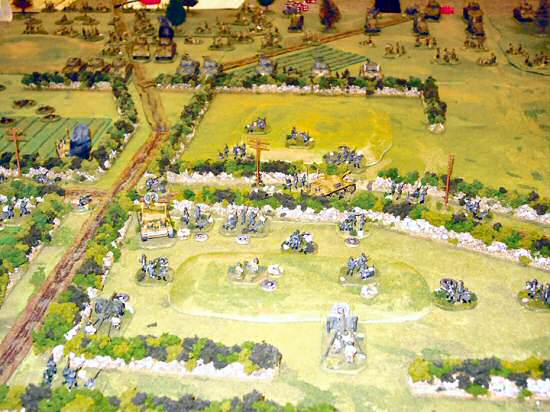
258 pages.
Herbert Powyss, an 18th Century farmer/gentleman with an estate in the Welsh Marshes, keeps up with the latest botanical discoveries and dreams of someday having his own work published by the Royal Society.
As the novel begins, he is launching on his great experiment: What happens to the human mind when confined in isolation? At his instructions, a three-room basement chamber is prepared for the experiment, with reading materials and an organ. He then offers a lifetime stipend for anyone willing to spend seven years in total social isolation.
John Warlow, a semi-literate laborer with a wife and six children, accepts the challenge.
Thus begins the story. What will become of Warlow in total isolation? What effect will the experiment have on the experimenter, listening secretly on his captive, meeting Warlow's wife regularly to pay the stipend? What do Powyss' staff, farm and house workers, think of the experiment, and what will they do about it? How will social and political changes elsewhere affect the household?
I had mixed feelings about this novel. The author does a nice job of placing the story in its historical context. We get a variety of characters, from upper to lower class. The idea that the experiment takes its toll on everyone is an interesting idea. Making Powyss' entire household part of the story added more interest to the story.
However, I was ultimately disappointed by this novel. The author has come up with a plot which requires both Powyss and Warlow to degenerate. That Warlow eventually disintegrates from isolation is understandable, but the author struggles to make Powyss follow the same arc (he feels guilty, he develops a drug addiction, etc.). Rather than the characters determining the plot, it felt like the plot was forcing the characters to do arbitrary things.
The author claims the story was inspired by an actual notice that appeared in the journals of the day.
Can you wargame it? No, but it might be of interest if you game the 18th Century and want to know more about the period.
I can't recommend this book. Interesting concept, but I found the result tedious, mechanical and unconvincing.
Reviewed by ![]() Editor in Chief Bill
Editor in Chief Bill ![]()
![]() .
.










